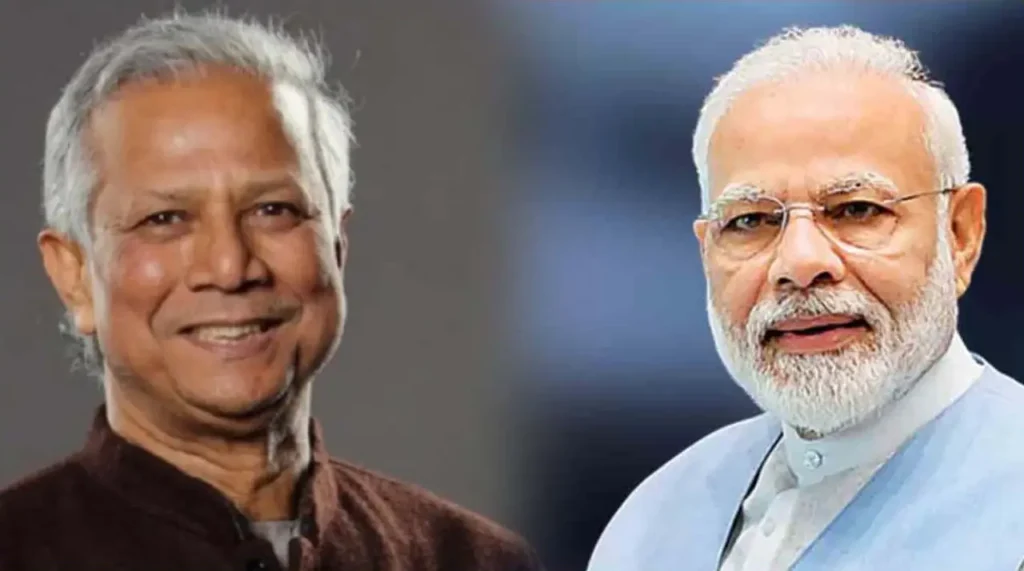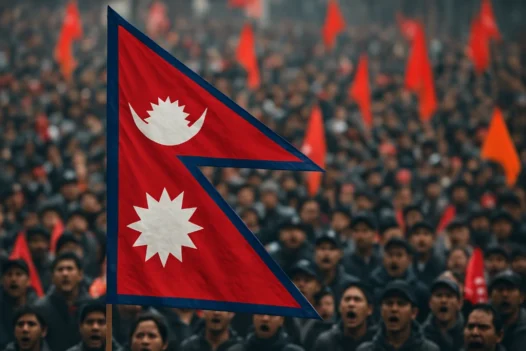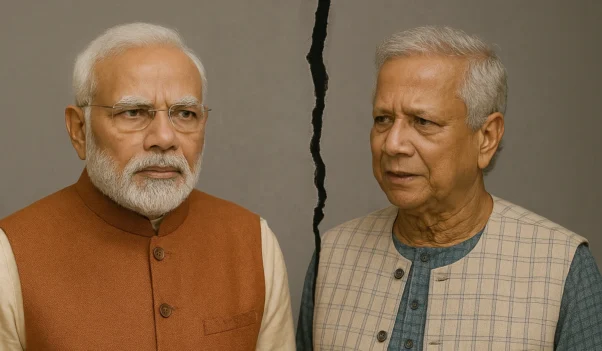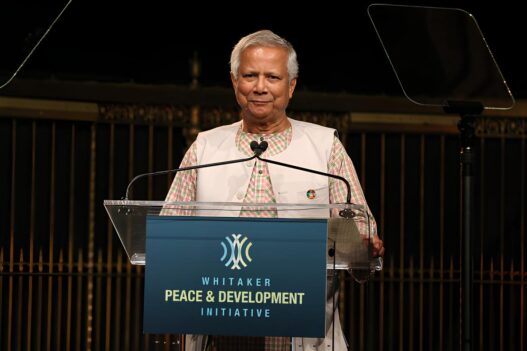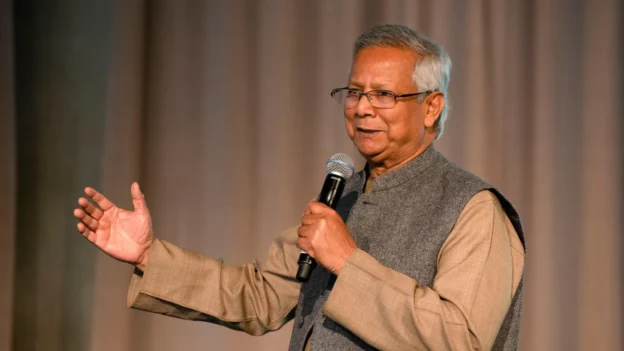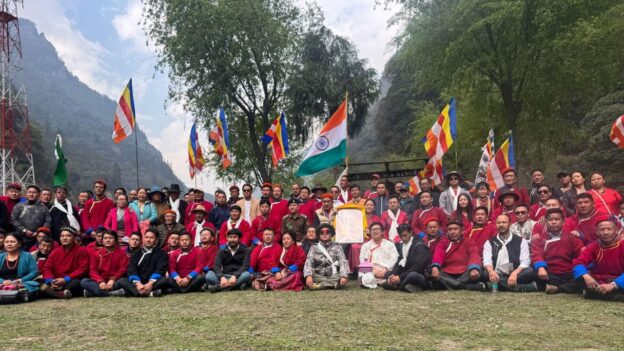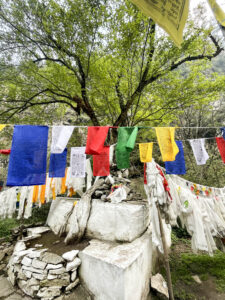An impressive one-to-one meeting between Indian Prime Minister Narendra Modi and Bangladesh’s interim government chief, Professor Muhammad Yunus, held in Bangkok on 4 April 2025, has created a sense of optimism among the people of eastern Bharat. The two South Asian leaders engaged in a warm and substantive discussion on the sidelines of the 6th BIMSTEC summit, hosted in the Thai capital city. The Bay of Bengal Initiative for Multi-Sectoral Technical and Economic Cooperation (BIMSTEC), which came into existence in June 1997, comprises seven member countries—India, Bangladesh, Nepal, Bhutan, Sri Lanka, Thailand, and Myanmar. Previous summits were held in Bangkok (2004), New Delhi (2008), Naypyidaw (2014), Kathmandu (2018), and Colombo (2022).
This was the first meeting between PM Modi and Prof Yunus since the latter assumed charge of the caretaker government in Dhaka. Yunus, the only Nobel laureate from Bangladesh, took over following a massive student-led movement that forced the then Prime Minister Sheikh Hasina to resign and flee the country on 5 August 2024.
During their 40-minute conversation, PM Modi raised the issue of atrocities committed against minority communities in Bangladesh, particularly Hindus. He expressed hope that the Yunus-led administration would carry out thorough investigations into these incidents. Modi also emphasised the importance of maintaining secure borders and reiterated India’s commitment to supporting a democratic, progressive, and comprehensive Bangladesh.
In turn, Prof Yunus brought up the issue of Sheikh Hasina’s extradition, noting that she faces hundreds of legal cases, along with several other Awami League leaders. The ousted premier had arrived in New Delhi seeking temporary shelter and continues to remain somewhere in the national capital. Referring to a UN agency’s fact-finding report on serious human rights violations and abuses committed by Bangladeshi security forces and Awami League activists during the period from 15 July to 5 August 2024, Yunus informed Modi that no fewer than 1,400 protest-related deaths had occurred during what he described as the “monsoon revolution.” He also flagged Hasina’s provocative public remarks, which, he said, had unnecessarily created confusion in Indo-Bangla relations.
Other important issues, such as border killings and the long-standing demand for equitable sharing of the Teesta river’s waters, also surfaced during the meeting. Although no immediate solutions were reached, the exchange was described as candid, productive, and constructive, marked by mutual respect. Prof Yunus expressed that Bangladesh deeply values its relationship with India, founded on shared history, geographic proximity, and cultural ties. He recalled India’s unwavering support during Bangladesh’s liberation war in 1971, for which his country remains grateful.
As Bangladesh assumes the chairmanship of BIMSTEC, Prof Yunus sought India’s backing for a Free Trade Agreement among the seven member states. While the meeting did not resolve the pressing bilateral issues, it succeeded in initiating an atmosphere of renewed trust and confidence between the two neighbours.
Prof Yunus also reiterated his commitment to holding national elections in Bangladesh at the earliest. He expressed hope that political parties would agree to adopt minimal reforms in administrative, financial, electoral, and judicial systems, with the assurance that elected representatives in the Jatiya Sansad would carry forward the reform agenda. So far, most political parties, including the Bangladesh Nationalist Party, National Citizen Party, and others, have indicated their readiness to participate in the upcoming elections.
Interestingly, many political observers had doubted that such a meeting would take place, especially given the strong criticism from Indian quarters. A notable statement came from the Rashtriya Swayamsevak Sangh (RSS), which targeted the previous Dhaka government for failing to protect minority communities from attacks by radical Islamist groups. The RSS’s Akhil Bharatiya Pratinidhi Sabha (ABPS), held in Bangalore in 2025, expressed deep concern over the widespread and systematic violence, injustice, and oppression faced by Hindus in Bangladesh. The ABPS described numerous incidents, including attacks on Hindu religious sites, desecration of deities, looting of properties, and cases of abduction and molestation of women. Terming the situation as a grave human rights violation, the RSS urged the international community to take serious note of these atrocities and to pressurise the Dhaka administration to take concrete steps to halt the violence against Hindus and other minorities.
Nevertheless, the meeting between Modi and Yunus did take place—defying predictions and laying the groundwork for a new chapter in bilateral ties. While challenges remain, the meeting has sparked hopes of better times ahead for both nations.

